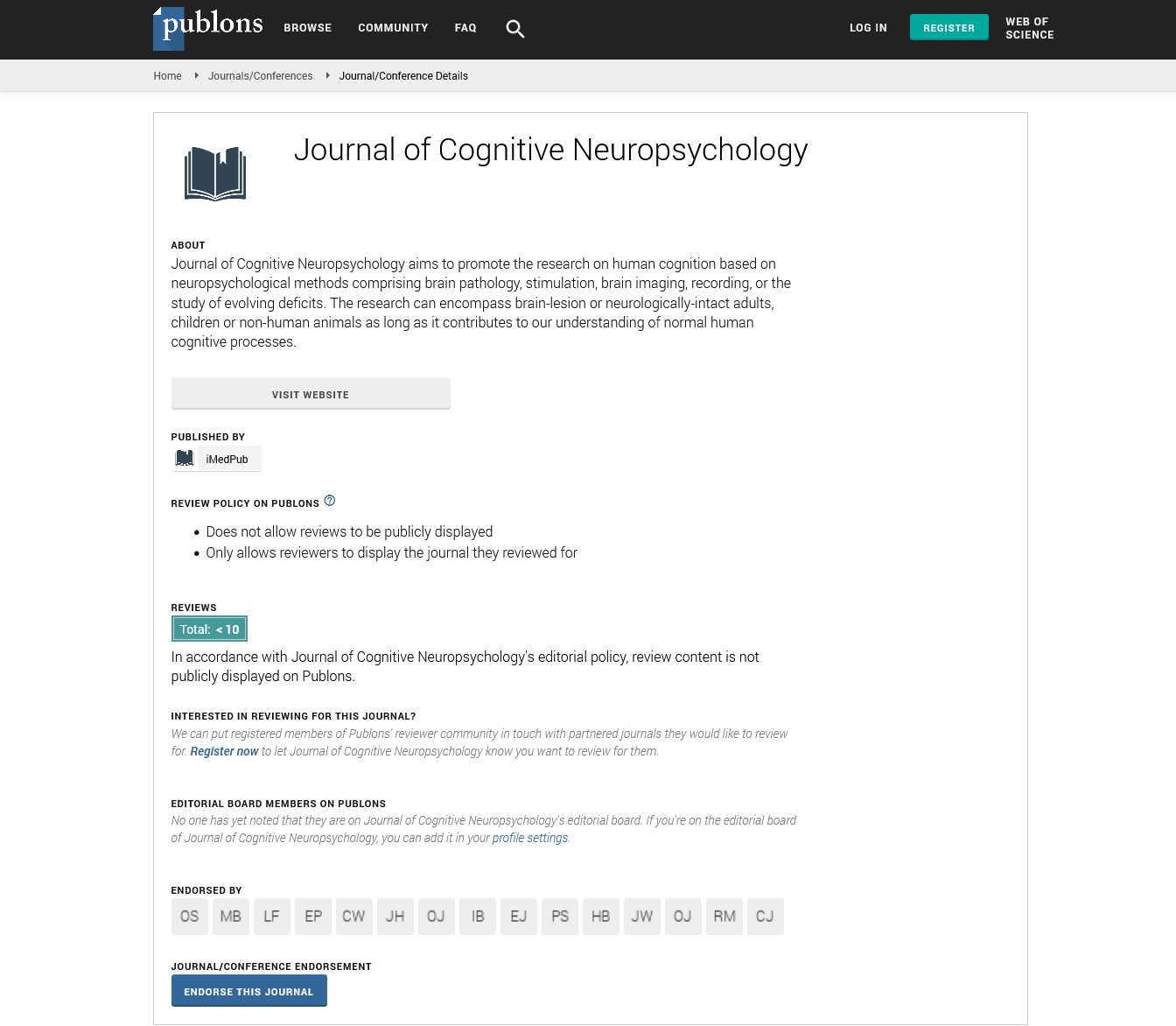Abstract
Is Neurocognition Crucial in STEM Education in the Present Scenario?
Countries around the globe moving away from traditional rote and regurgitation learning to experiential learning. Science, Technology, Engineering and Mathematics are the subjects interlinked with each other. Most of the countries in the world prefer to adopt STEM (Science, Technology, Engineering, and Mathematics) education because it infuses every part of our lives. Without Science and Technology our survival in this globe is questioned. Technology is constantly escalating into every aspect of our lives. Engineering is the basic subject for designing the houses, machineries, construction etc. Basically everyone need Mathematics in every occupation and every activity of lives. STEM based curriculum comprise of hands-on and minds-on activities for the student. By divulging students to explore STEM-related concepts, they will develop a passion towards it. Nevertheless of voluminous initiatives by all the countries, are on the way to impart STEM education to students due to their difference in perception, knowledge and memory. Neurocognition is the process which activates the cognitive process. Depending on the needs of the individual Neurocognitive strategies will restructure or modify their thought, feelings, perceptions and emotions. This article addresses the theoretical back drop of Neurocognition in education and how the issues related to educational performance can be solved with the help of Neurocognitive practice.
Author(s): S.Amutha
Abstract | PDF
Share This Article
Google Scholar citation report
Citations : 8
Journal of Cognitive Neuropsychology received 8 citations as per Google Scholar report
Journal of Cognitive Neuropsychology peer review process verified at publons
Abstracted/Indexed in
- Google Scholar
- Publons
- MIAR
Open Access Journals
- Aquaculture & Veterinary Science
- Chemistry & Chemical Sciences
- Clinical Sciences
- Engineering
- General Science
- Genetics & Molecular Biology
- Health Care & Nursing
- Immunology & Microbiology
- Materials Science
- Mathematics & Physics
- Medical Sciences
- Neurology & Psychiatry
- Oncology & Cancer Science
- Pharmaceutical Sciences
